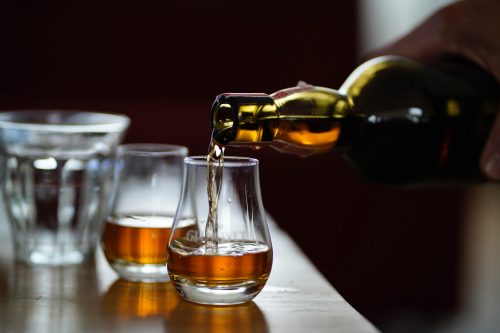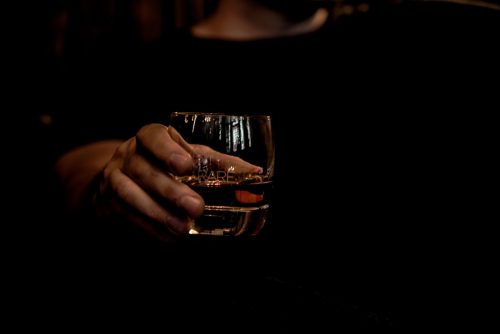Debunking Whisky Myths
Like with any popular drink, whisky comes with some common-believed myths that end up shaping some unfortunate misconceptions. We feel the need to do due diligence and inform our readers of the misleading falsehoods that surround discourse on the famous Scottish liquor that we enjoy so much. Here are some common whisky myths and that are just that; myths.
All Whiskies Taste The Same
Let’s get the obvious one out of the way first. Whisky’s come in an incredible wide range of styles, ages and blends, which create significantly different flavours and aromas. To the uneducated palate who doesn’t enjoy whisky, this might seem like an easy criticism, but anyone with any experience with the drink knows the vast difference in flavour that is possible depending on the bottle. Whiskies can come peaty, fruity, nutty, smoky, oaky, spicy, etc., all depending on the barrels used, the signature flavours of the region or distillery and an endless number of other factors. The takeaway here is that if you don’t enjoy your first taste of whisky, that might not mean the whisky just isn’t for you, it might mean you just haven’t found the right dram yet.

Whisky Should Always Be Served Neat
The notion that adding water to a dram in some way dilutes the quality of your drink is one brushed aside by experts. While adding water will ease the strength of your whisky, the combination of the two liquids can create brand new flavours and aromas, as the water can unlock compounds and oils that previously might have gone undetected by your palette. Adding water to whisky is so commonplace that often even the most committed connoisseurs will have a glass of water present during whisky tastings. In short, water doesn’t take anything away from the whisky, it actually creates the opportunity for you to get more out of the whisky. However, it might be best to try your whisky neat first, to give you a better sense of how much water you might need to add to get to your ideal taste (if you need to get any at all).
Older Whiskies Are Inherently Better
The story goes that this whisky myth comes from a sly bit of marketing by distilleries who were looking to offload some aging stock. During a period where business was particularly slow in the industry, distilleries conjured up and spread the idea that older whiskies were of better quality in an attempt to ignite some interest in their older stock which was beginning to evaporate due to age. Now before you say, “hang on then, if older whiskies aren’t any better than newer ones, why are they often much more expensive?” The answer to that is simply that often older whiskies cost the distilleries more to produce and they are generally more difficult for customers to get their hands on, meaning the producers need to bump up the price to recover the costs of production and the customers are happy to front up the extra cash knowing they’re getting a unique and rare bottle.

Whisky Is A Drink For Men
Probably started by a man who didn’t want his wife to get a taste for it because then he’d have to share his bottle with her! Obviously, it’s total nonsense. Whisky is a treat that does not discriminate on any basis.

